On December 30th, 2024, several men gathered with copies of their favorite fiction books for The Fiction Revival, a book club organized by Yahdon Israel, a Senior Editor at Simon & Schuster recently elected to the Center for Fiction Board of Directors. For nearly 10 years, Israel has also been running the Literaryswag Book Club.
Israel, who has become known for his openness about all aspects of book publishing on social media, recorded a video the previous July discussing the relationship between heterosexual men and fiction. He had recently read the essay “Why Are Americans Afraid of Dragons?” by renowned science fiction author Ursula K. LeGuin, originally published in 1974 and collected in her book The Language of the Night: Essays on Writing, Science Fiction, and Fantasy, re-released last year by Scribner. In the essay, LeGuin tries to understand why certain works of fiction hadn’t quite caught on in the U.S., and one of the conclusions she arrives at is that many men aren't taught to read fiction. Broadly speaking, she believes, they’re not taught to embrace their imaginations, lest they be dismissed as “womanish” or “childish.” They are hardly taught to read for pleasure, she believes, but often taught to read for productivity.
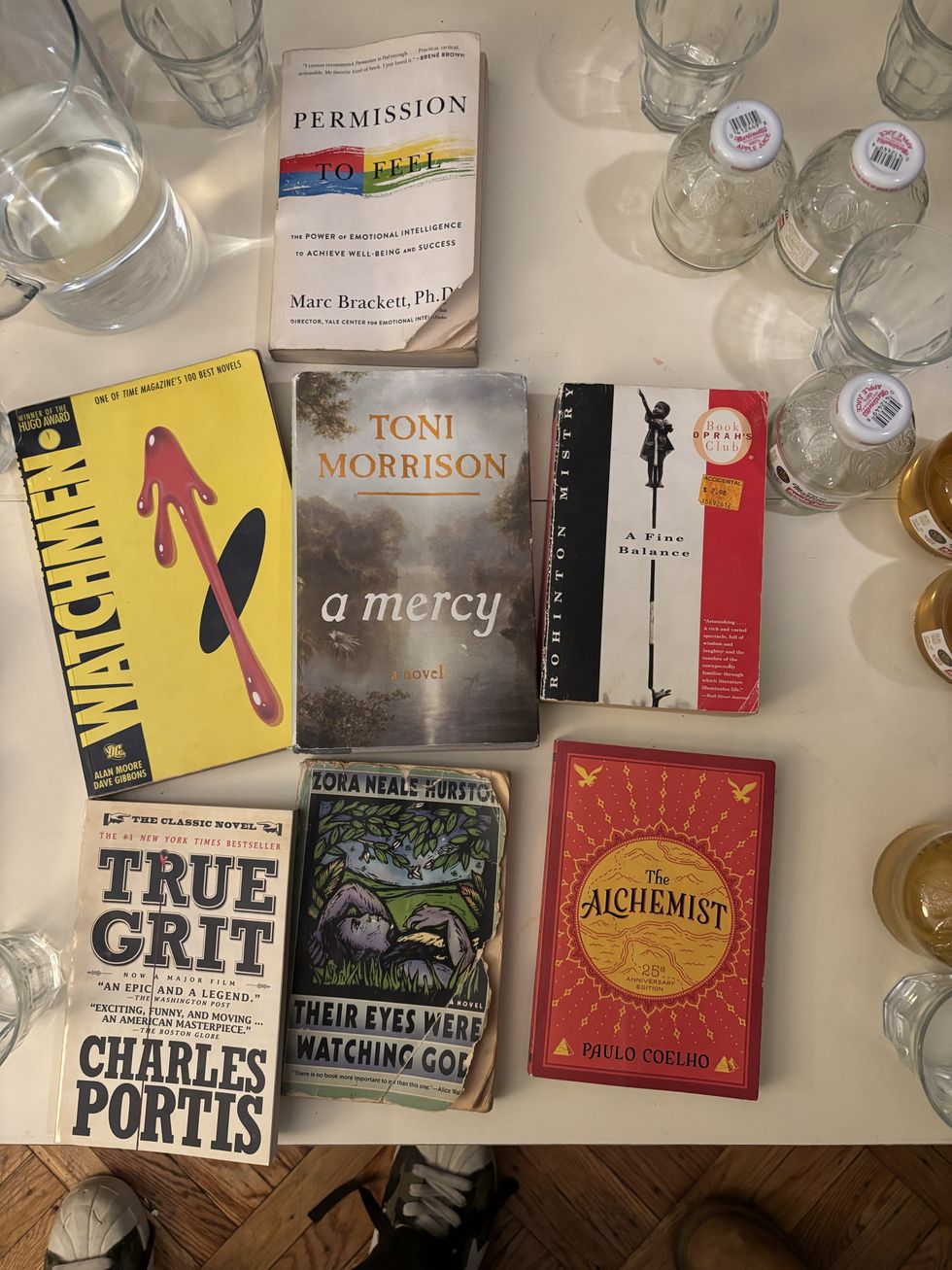
And while there are many exceptions, LeGuin’s ideas landed for Israel, who had felt this way himself. He remembered being amongst men as a young person, where a way you proved your worth was by what you knew, not what you could imagine. He saw this carry into adulthood, where as an editor he had more heterosexual men asking him for advice about nonfiction and self-help books than he did works of fiction. Indeed, the relationship between heterosexual men and fiction has been long-discussed, though often as a diagnosis rather than as a symptom. “Something that was coming up often in our meetings with marketing and publicity was how hard it was to break through to men [with fiction works], but specifically heterosexual men. When they would show demographics about what books were resonating with audiences, it was the most glaring disparity,” Israel says of surveys where people could self-identify. Based on the data he was seeing at work and in his own life, he wondered, how can straight men engage their imaginations through works of fiction, and then talk and think about what they feel? How would that affect the way they moved through the world?
By his own description, Israel doesn’t use fiction to escape, he uses it to question, to imagine different worlds. “What I love, and what I realized could be of use to heterosexual men, is reading books that challenged us to implore the muscle of curiosity as an entry point into compassion, into empathy and into a reimagining and a restructuring and a challenging of the assumptions of what it means for us to be men in a society that expects us to exist in one way,” he says. “There's a necessary critique about how heterosexual men need to shift and reimagine the ways we inhabit our masculinity…There's not a lot of compassion, and what that looks like is more of a hard critique of, well, patriarchy benefits men, and there's this underlying assumption that men want to protect it." Israel wanted to make the club in part to provide a way to not attack and critique and pathologize and blame, he says, but to answer the question, "What are we going to do to try to reverse harmful patriarchal thinking that hurts everyone, men included?" The Fiction Revival became a way in to reimagining what the future can look like for men. “Revival means to bring back to life. Men are dead inside, okay?” Israel says. “The imagination is going to bring us back to life. We're going to bring ourselves back to life.”
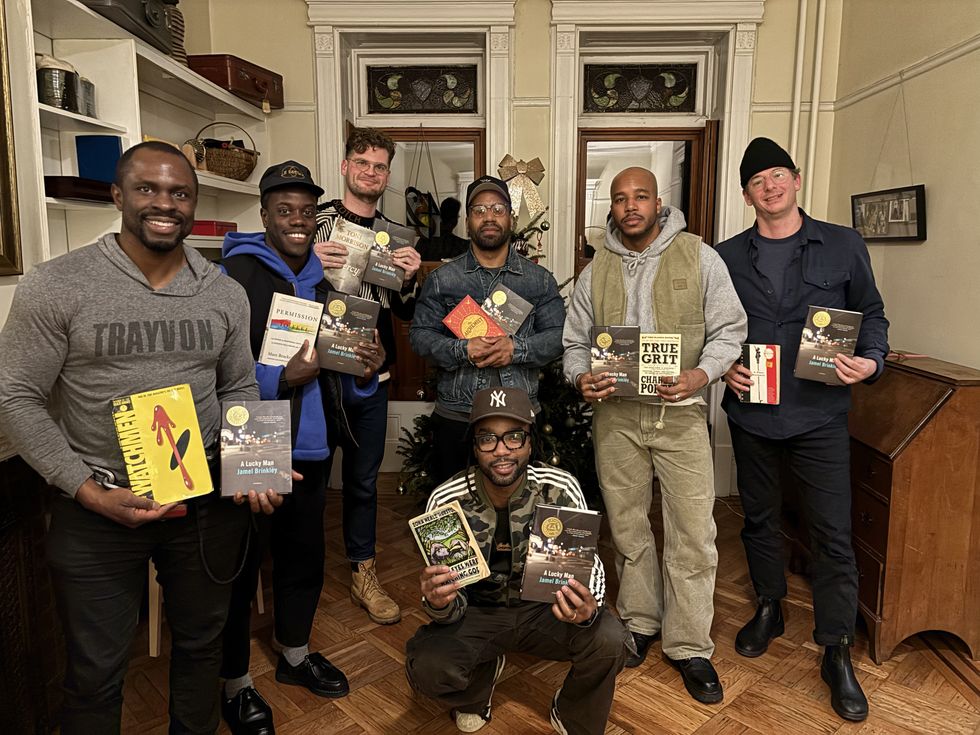
At that first Fiction Revival meeting on December 30th, Israel asked everyone to bring their favorite work of fiction as a means of introduction. One man realized he didn’t have any fiction at his house, but wanted to contribute just the same. Throughout the first meeting, they discussed why they loved the works they brought, including books like Toni Morrison’s A Mercy, Zora Neale Hurston’s Their Eyes Were Watching God, Charles Portis’s True Grit, and more. They read their favorite sections and discussed the nature of men’s imaginations particularly, as Israel wrote on Instagram, “what we’ve lost, and continue to lose living in a society that makes us, as men, suspicious of our imaginations; and ultimately, what we stand to (re)gain in disciplining them. Not as punishment, but as practice.”
The second meeting took place on March 10th, and book club members read the short story collection A Lucky Man by Jamel Brinkley. At each meeting, Israel offers a prompt to start the meeting off. This time it was, "Which story resonated for you the most, and why?" Israel marveled at how eager participants seemed to be to connect with each other, to give each other space, and to respect the silence of a thoughtful moment.
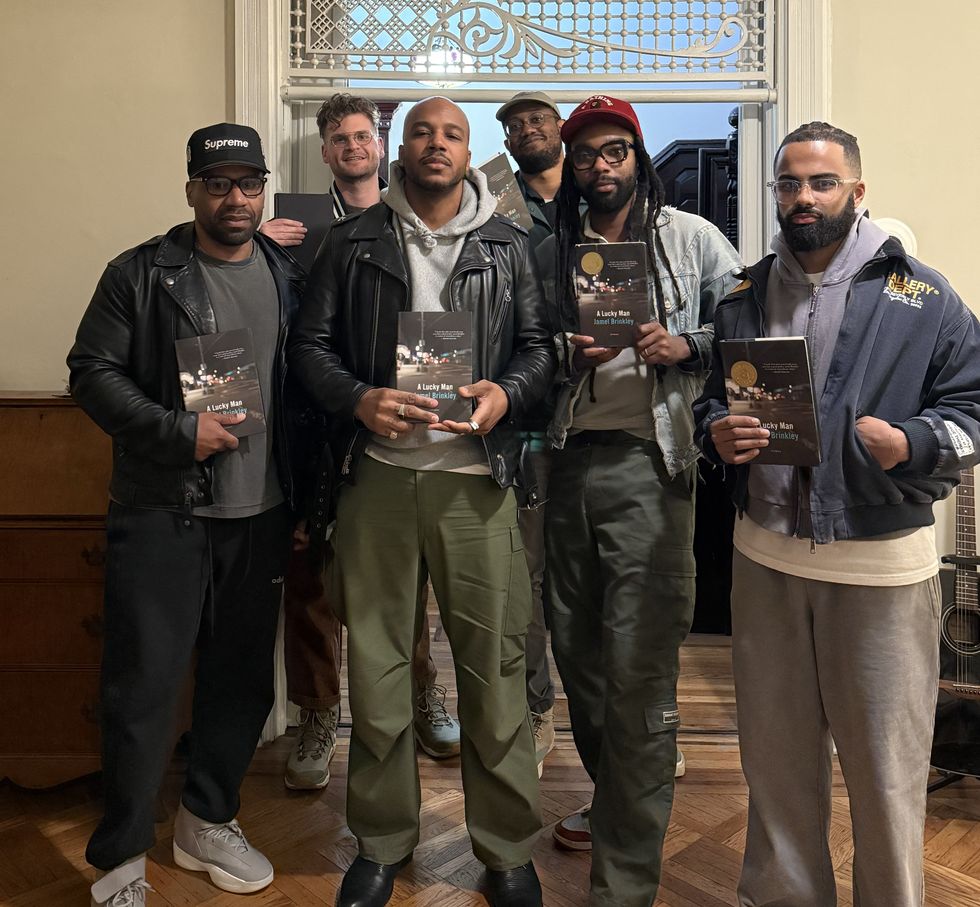
The meeting arrived at what soon became a different point in Israel’s life. When we spoke for a second interview after the second meeting took place, he shared that in the days after it he experienced a mental breakdown and was diagnosed with severe depression. He wants me to run this in the piece about the book club, he says, because for him it’s an important part of why the club exists at all. He remembers a James Baldwin quote from the author’s essay collection Nobody Knows My Name: More Notes of a Native Son, published in 1961: “Though we do not wholly believe it yet, the interior life is a real life, and the intangible dreams of people have a tangible effect on the world.” For him, this is the role that fiction plays. “It reminds me, it helps me recognize the importance of my interior life, because so much of fiction is about the interiority of character,” he says, and for him, reading fiction can help men recognize this as well, to know that “those feelings are real. They matter. They have names, but they also have ramifications.” Down the line, Israel also sees the book club as potentially part of a larger network that offers mental health and career counseling. For now, the book club meets once a month, and interested parties can learn more about attending in New York on the club’s Instagram.
So yes, The Fiction Revival is about getting heterosexual men to read fiction, but it’s really about so much more than that. Instead of continually telling men that they’re broken, it instead offers them a place to try to begin to heal. “Fiction teaches you how to empathize with other people,” he says. “In the frame of the book club I’m doing, it’s going to help us recognize what’s in us.”









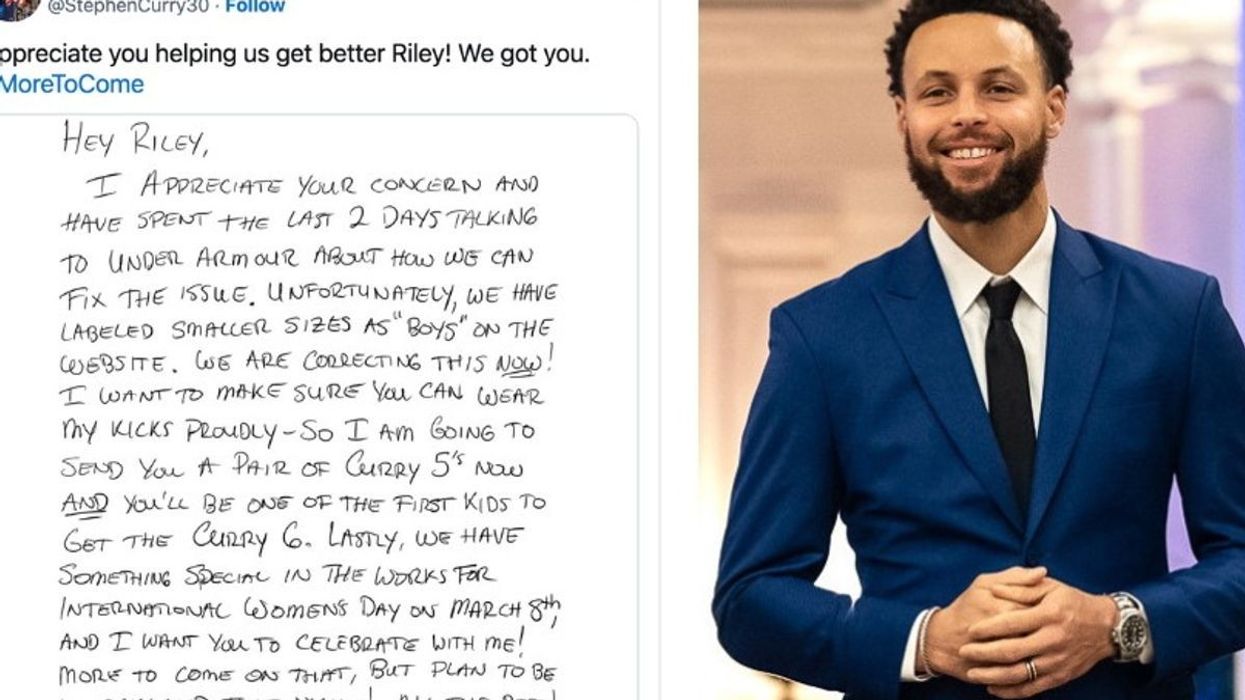








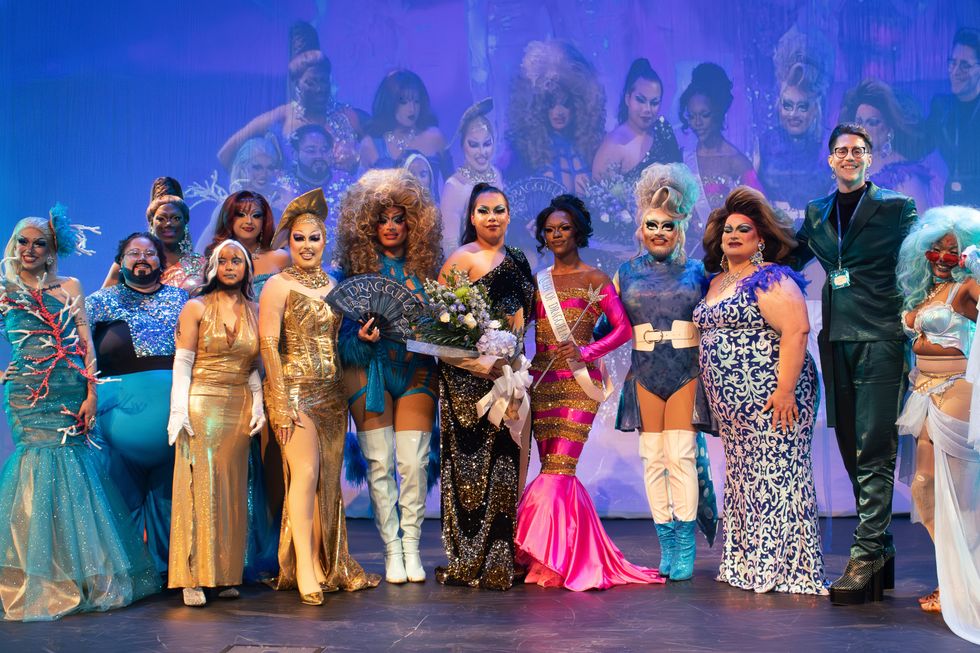 The contestants and hosts of Draggieland 2025Faith Cooper
The contestants and hosts of Draggieland 2025Faith Cooper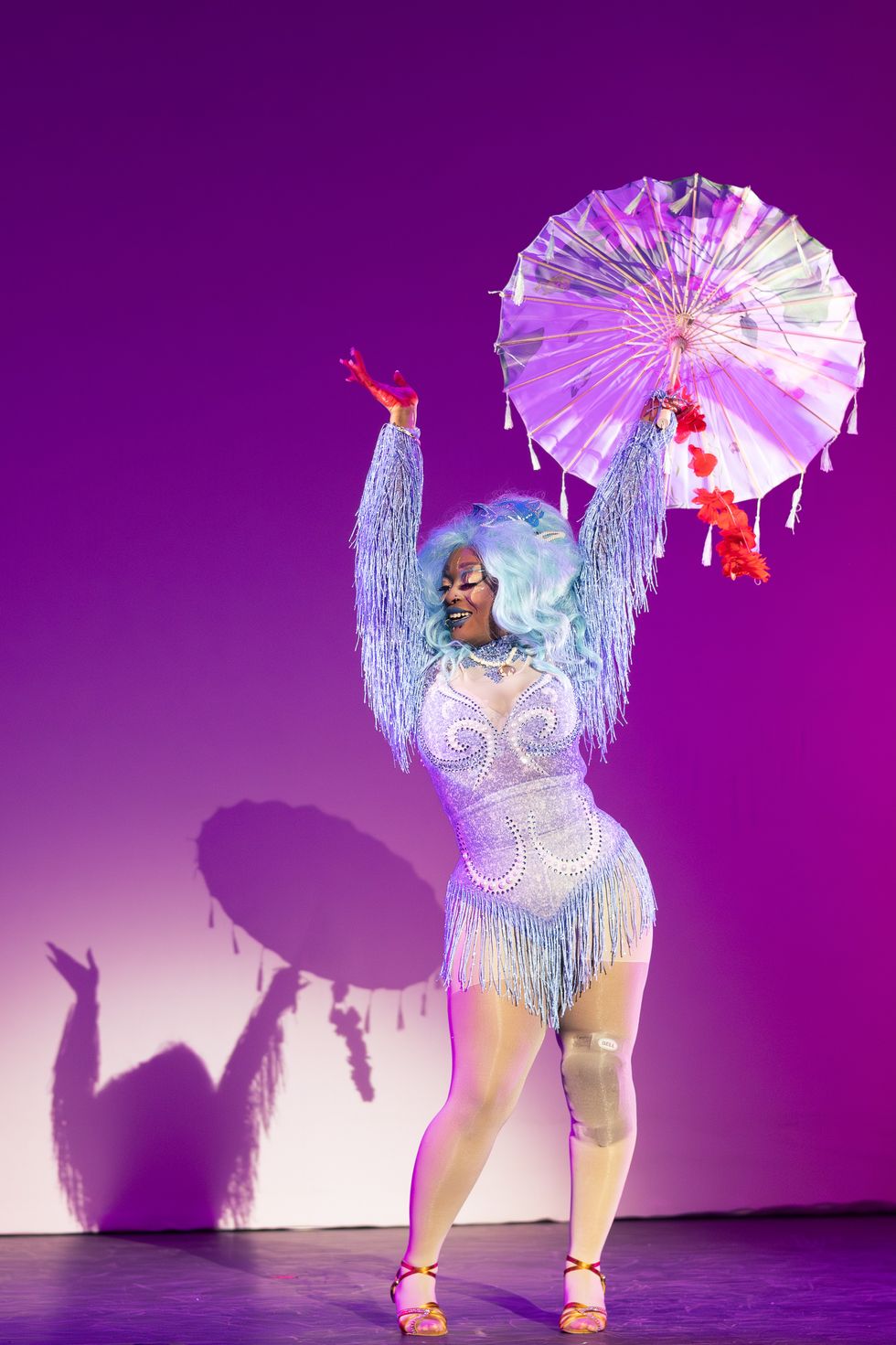 Dulce Gabbana performs at Draggieland 2025.Faith Cooper
Dulce Gabbana performs at Draggieland 2025.Faith Cooper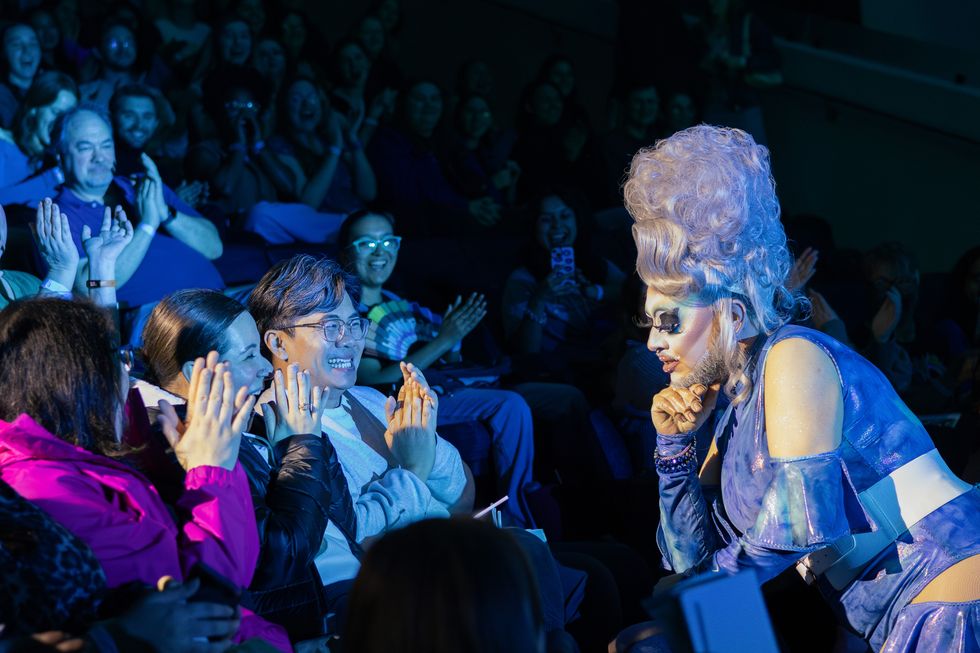 Melaka Mystika, guest host of Texas A&M's Draggieland, entertains the crowd
Faith Cooper
Melaka Mystika, guest host of Texas A&M's Draggieland, entertains the crowd
Faith Cooper


 It's a beautiful day outside Wrigley Field. | It's a beautif… | Flickr
It's a beautiful day outside Wrigley Field. | It's a beautif… | Flickr

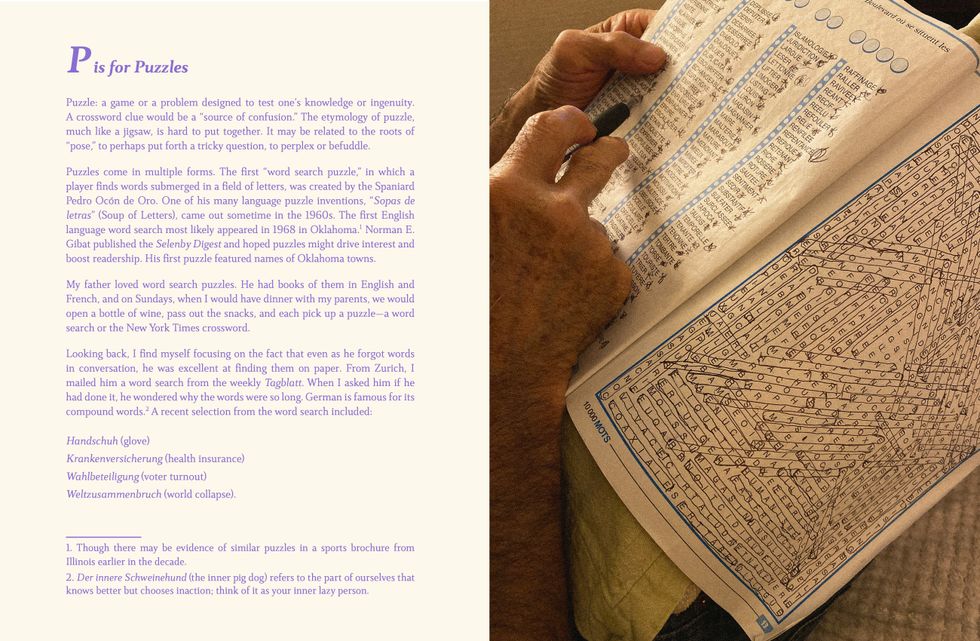 Selection from Magali Duzant's La vie is like thatMagali Duzant
Selection from Magali Duzant's La vie is like thatMagali Duzant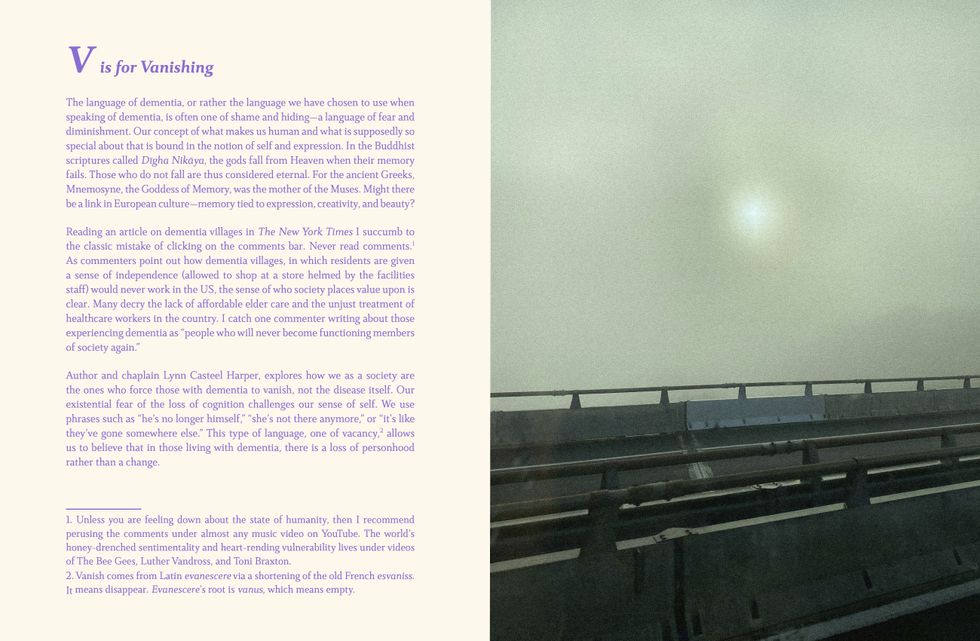 Selection from Magali Duzant's La vie is like thatMagali Duzant
Selection from Magali Duzant's La vie is like thatMagali Duzant Selection from Magali Duzant's La vie is like thatMagali Duzant
Selection from Magali Duzant's La vie is like thatMagali Duzant Selection from Magali Duzant's La vie is like that featuring her father, Jean Gérard Benoît Duzant, as a young man.Magali Duzant
Selection from Magali Duzant's La vie is like that featuring her father, Jean Gérard Benoît Duzant, as a young man.Magali Duzant
